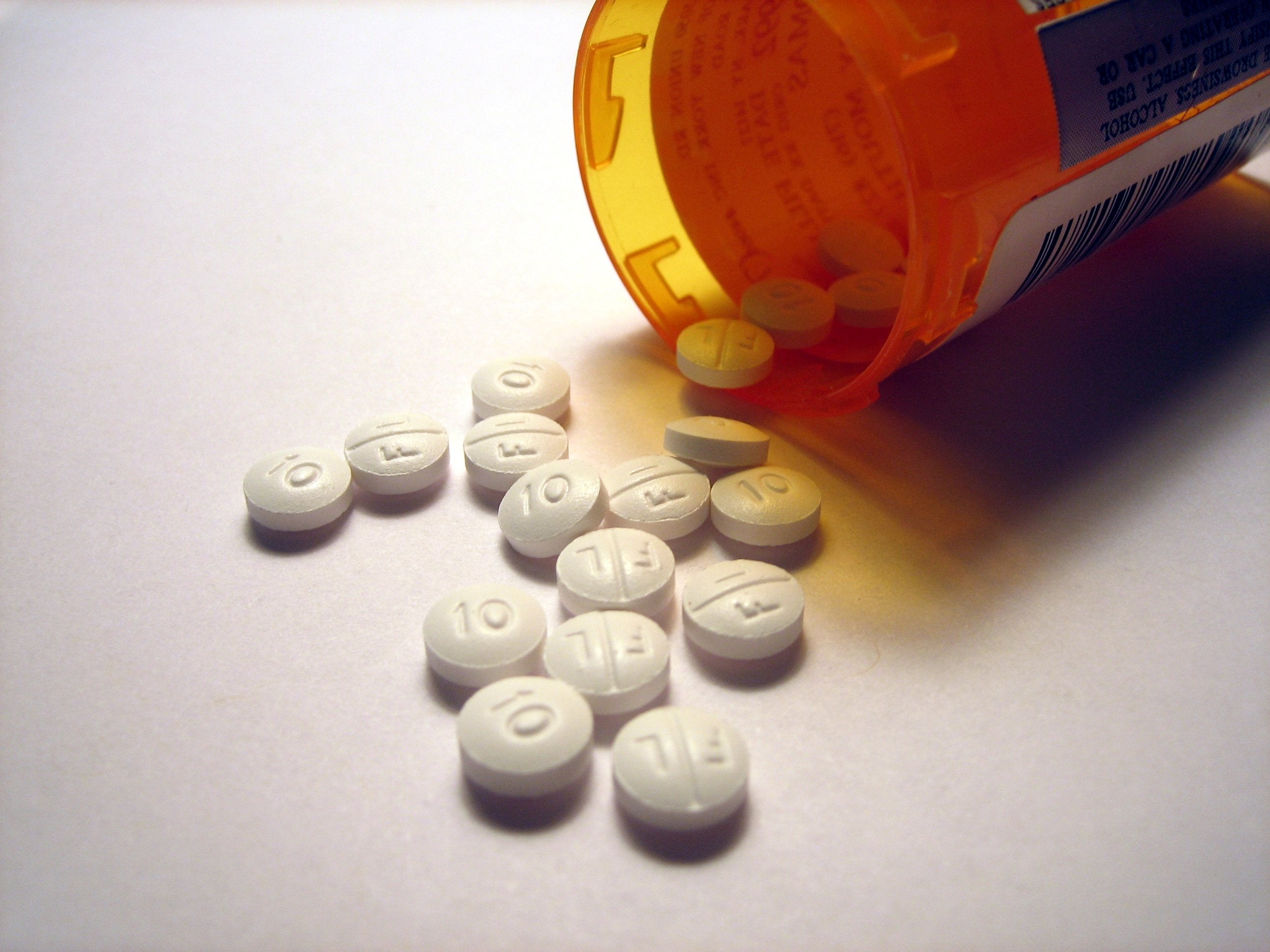Note: This article does not constitute medical advice. Please consult with your doctor before making any decisions regarding your health
Depression can be a debilitating condition that affects how you think and feel about yourself. The good news is there are many treatment options available to help ease the symptoms of depression.
One option is medication. A popular drug used for treating major depressive disorder (MDD) is called Lexapro. This article will discuss what Lexapro does, who it's prescribed to, the potential side effects and more.
Many people suffer from bouts of depression when they're under stress or in a dark mood. Depression can also affect your daily life by causing feelings of hopelessness, agitation, insomnia, loss of appetite, fatigue, low self-esteem, etc.
What Is Depression?
Depression has been described as "a clinical syndrome characterized by sadness, pessimism, despair, irritability, restlessness, chronic anxiety, concentration difficulties, changes in sleeping patterns, overeating or undereating, and often compulsive behaviour."
The good news is there are many different treatments available to treat the major depressive disorder (MDD). Some of these include psychotherapy, lifestyle adjustments, exercise programs, talk therapy, herbal remedies, meditation exercises, cognitive behavioural therapy, electroconvulsive therapy (ECT), etc.
However, one option that is becoming increasingly common among patients suffering from MDD is using antidepressant medications. Antidepressants work by affecting chemicals within our bodies.
An example would be SSRIs like fluoxetine (Prozac®), paroxetine (Paxil®, Seroquel®), citalopram (Celexa®), escitalopram (Lexapro®), sertraline (Zoloft®), etc., and venlafaxine (Effexor®). These drugs tend to raise levels of serotonin while other types of antidepressants lower them.
A commonly used antidepressant medication is Lexapro, which belongs to the class of selective serotonin reuptake inhibitors (SSRI); this means that it works specifically at blocking the absorption of certain hormones into brain cells through an enzyme known as monoamine oxidase (MAO).
By doing so, we increase the amount of free serotonin around the nerve cell membranes, which then triggers various chemical reactions throughout the body.
What is Lexapro?
So now that we know what depression is, let's take a look at what Lexapro actually does.
When taking Lexapro, it is important to remember not to stop taking it any earlier than two hours prior to bedtime without consulting your doctor first because stopping abruptly could result in an overdose.
If you experience nausea, vomiting, diarrhoea, constipation, drowsiness, swelling, tightness in the throat, vision changes, trouble swallowing, difficulty breathing, irregular heart rhythm, seizures, fever, muscle stiffness, cold sweats, shivering, perspiration, burning sensation, blurred vision, generalised weakness, abdominal cramps, loose stools, bloody vomit, unconsciousness or convulsions, seek immediate medical attention!
Also note that if you notice anything unusual during usage of Lexapro, even just after starting use, please consult your physician immediately.
Benefits of Lexapro
According to data released by GlaxoSmithKline, Lexapro was found to be effective in helping 89 percent of adults diagnosed with moderate to severe cases of Generalized Anxiety Disorders (GAD) compared to 75 percent of participants who took placebo pills.
In addition, 90 percent of adults treated with Lexapro were able to achieve better response rates, whereas only 40 percent achieved this rate in the comparison group. Furthermore, 87 percent of respondents reported improvements in overall functioning and mental health.
Other studies show similar results regarding effectiveness. So whether you suffer from GAD, obsessive-compulsive disorders (OCD), post-traumatic stress disorder (PTSD), social phobia, specific phobias, panic disorders, trichotillomania, avoidant personality disorder, separation anxiety, generalized anxiety, bipolar I disorder, unipolar depression, schizophrenia, etc., Lexapro might prove helpful for relieving your symptoms.
How Does It Work?
Before explaining how Lexapro works, it must be noted that each person responds differently to antidepressants. Therefore, before beginning treatment with Lexapro, always consult with your doctor to determine the proper dosage according to your age, weight, sex, presence of any liver complications, kidney impairment, asthma, seizure history, pregnancy status, conditions associated with QT prolongation (such as congenital long QT syndrome, electrolyte imbalance, serious heart arrhythmia, family members affected by sudden death due to ventricular tachycardia, etc.), and current prescription medications.
Your doctor should also review your complete medical history, including previous illnesses, surgeries, hospitalizations, present medications, allergies, recent injuries, etc.
Once you've had time to adjust to Lexapro, continue reading below to find out its side effects and cautions.
And don't worry too much about Lexapros dangerous nature--it isn't worse than many other forms of antidepressants.
Side Effects/Cautions
As mentioned previously, Lexapro comes with many side effects that vary depending on the individual user. Below is a list of possible side effects associated with Lexapro.
Please keep in mind that most side effects listed here are temporary and usually disappear once you discontinue the use of Lexapro.
Headache, Nausea, Vomiting, Diarrhoea, Fatigue, Anxiety, Insomnia, Loss Of Appetite, Sexual Dysfunction, Muscle Pain, Joint Pain, High Fever, Allergic Reactions (rash, hives, etc.), and chest pain are some of the side effects experienced.
Overdose
After taking Lexapro, overdoses may occur if you consume alcohol, other sedatives, tranquillizers, dietary supplements containing ephedrine alkaloids, anticonvulsants, MAOI inhibitors, phenothiazines, tyramine-containing foods and beverages, amphetamines, methadone, barbiturates, benzodiazepines, carbamazepine, primaquine, rifampin, niacin flush enhancers, pimozide, or thioridazine.
Overdosage can cause drowsiness, respiratory distress, hypotension, bradycardia, hyperglycemia, and hypertension. If signs of overdose develop, contact emergency services immediately.
Signs of overdose may include but are not limited to violent shaking, slow pulse, shallow respirations, blue colour to fingernails and lips, dilated pupils, cold sweat, twitching muscles, urination, defecation, slurred speech, coma, seizure, etc.
Are There Any Other Drugs Like Lexapro?
Yes, there are several other drugs available.
Although Lexapro is considered safe to use, it still carries a boxed warning indicating that it may interact negatively with other medications.
Other antidepressants that belong to the same category as Lexapro are Zoloft®, Paxil®, Celexa®, Escitalpram®, Sarequil®, Prozac®, Paroxat®, Venlorxen®, Tofranil®, Cymbalta®, Dutasteride, Avandaryl, Mellaril®, and Fluvastatin Calcium etc.


